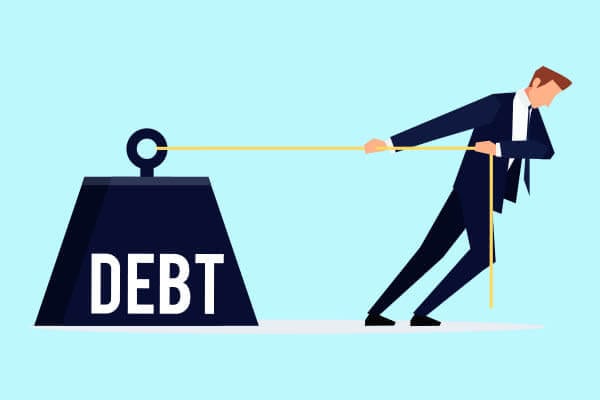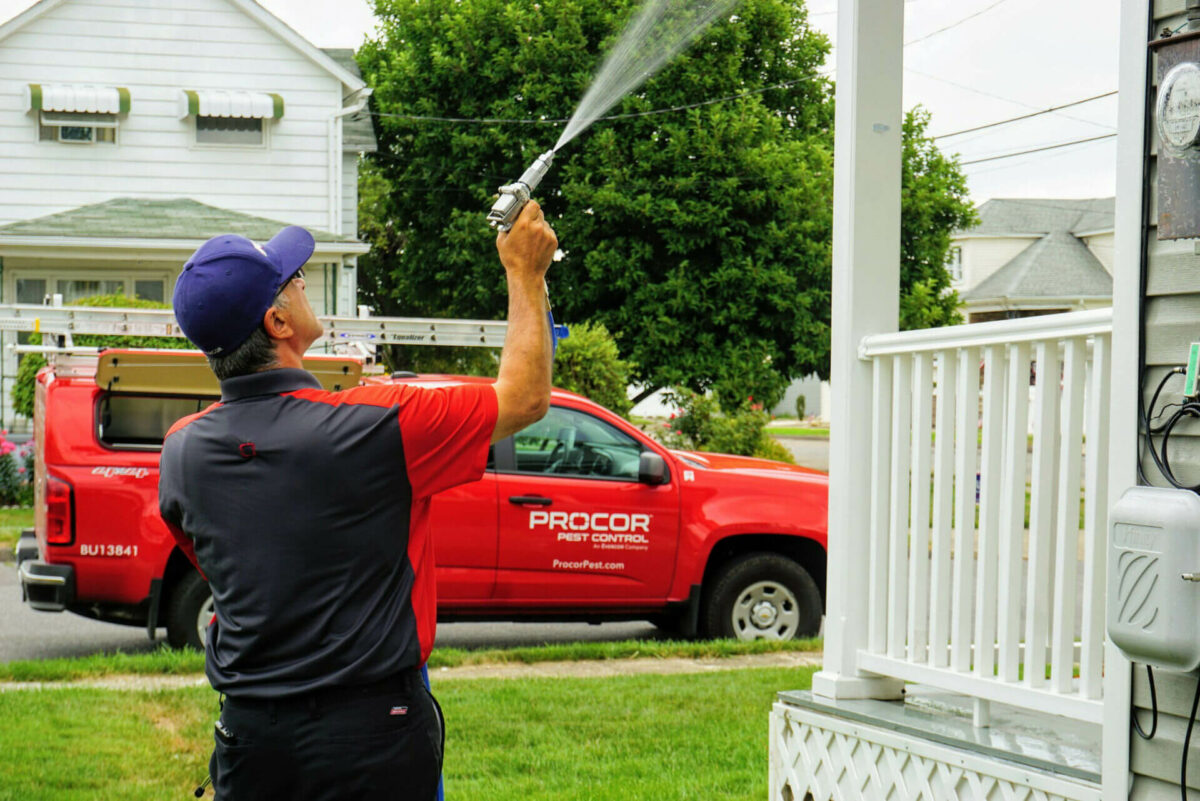“I’ve retired now and my life is less complicated, so do I really need a financial planner in retirement?”
The simple answer is… yes, you do.
This is a question that I hear regularlyIt is relevant to so many retirement-age Baby Boomers.
In the spirit of candour, and based on 40 years of working with clients, what follows are our impartial observationsThis is based on first-hand experiences with hundreds of families who have reached retirement age.
You Will Fit Into One Of These Three Categories:
1You haven’t used a financial adviser before to help you with your finances
2You used to work with a financial adviser
3You have an ongoing working relationship with your financial adviser
On the basis that you are near retirement, you need to make decisionsWhether you continue as you are and if you are in category 3, carry on or stop.
Adulthood can be split into two neat halves to add some colour to the question.
The First Half (The Ascent)
Between ages 20 to 60 is the typical working life for most peopleYou work and strive, build a career, buy a house, raise a family, perhaps paying for quality education and enjoying a certain standard of living.
This consists of managing debt, balancing your income and outgoings, putting money away into a pension, saving for a rainy day and topping up ISAs annuallyIt is hardIt can be a tough climbYou need to be well equipped.
And one day, the striving is overEnough money (you hope) has been invested to leave the workplace behind and your mortgage is paid offYour pension pot is bulging, your children have finished university and your new car on the driveway is free from finance for the first timeYour sights are set on a holiday home in Cornwall or Norfolk and everything looks good.
We don’t know if you have had professional help during this 30-year growth phaseRegardless, most of those years may be behind youYou need to look ahead.
Back to the question: Do you need financial advice after retirement?
The Second Half (The Descent)
The second half of life is the 60+ stage, which is more aligned to spending.
This is where our Mount Everest example comes in.
For climbers, the summit of Everest equates to total achievementThis is the Kodak moment; climbers clad in their gear, smiling and holding a flag, ecstatic.
Our point is that summiting Everest means the climb is only half completeThe other, often more dangerous, half is all about returning home safely with all of your fingers, toes and your ears intactPerhaps the happy smiling photo with the flag should be taken by your front door when you are home and safe!
Since 1921, 290 people have died climbing EverestOf these, 71 died on the way downThis represents a significant 25%.
R Douglas Fields, chief of nervous system development and plasticity at the National Institutes of Health (NIH), says “That’s actually a common rule in climbing that more people die coming down than those going up…You’ve tired yourself out in getting to the top.”
A Constant Helping Hand
All very interesting but what has this got to do with financial planning?
Our financial planners in Leeds are constantly reminded of the Everest example as people often believe that since they have reached their 60s and ‘retired’, the hard work is overThey tend to coast, unsupported and without help for thirty more years.
Yes, they may have peaked career-wise and can enjoy the beautiful panoramic view, but for just how long?
There are probably another three or four decades ahead, and this second half can be more complex and challenging than the career ascentFrom age 60+, the world will throw a load of challenges your way.
This isn’t the time to not have expert helpThis is the time in life when financial planning is most valuable, rewarding and needed.
In our 40 years’ experience of advising and coaching people, clients move from an independent state to one of dependency.
The Fear Of Loss
Having already achieved so much in life, the overriding emotion is now the fear of lossThe issue being ‘How can we live our best life, safe with the knowledge that we will always have enough?’ Safety and fear of loss are key driversLike those climbers descending the summit of Everest, one wrong step, one poor decision, a wrong path, and all is lost.
This second half is a time of tough questions.
• Do we have enough income to meet our obligations?
• Will we run out of money?
• What happens if one of us needs long-term care?
• Should we financially help our children now or later?
• Is our capital keeping up with inflation?
• Can we keep on having fun?
These are a few of the questions that clients ask usThey want us to be a sounding board for their ideas, to give an impartial second opinion, to guide and coach them with an experienced handIn essence, their experienced Sherpa.
As people get older, illness can strike out of the blue and blow your plans off course overnightWhat then? Another unexpected challenge, and no life experiences to fall back onThere are tough choices and highly emotional decisions to be madeIt isn’t the time to be alone without an expert guide.
Every family is unique, and this blog can’t be preciseWhether you choose to use the internet for guidance or even try robo-advice or adopt an ongoing DIY approach or pay for ad-hoc advice as and when you think you need it, these are your free choices.
Families facing a major issue can rarely resolve it themselves without help.









